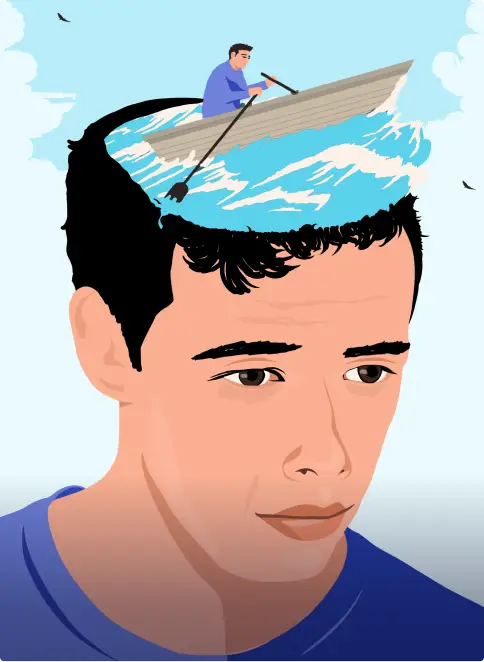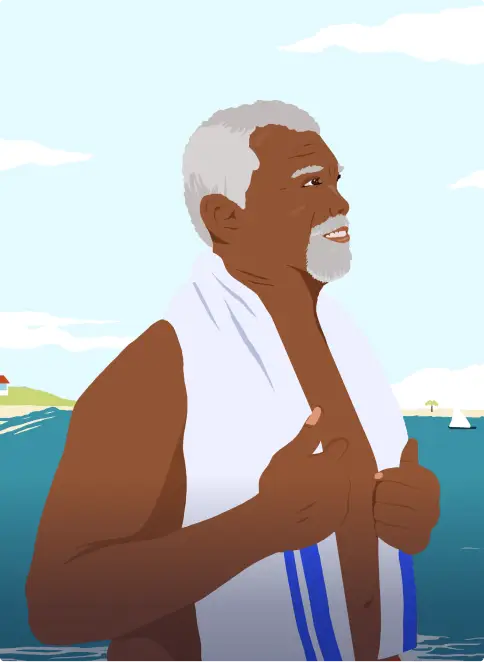Health News
View All
FDA Says Milk Is Safe, Even After Tests Show Signs of Bird Flu
Particles of the bird flu virus recently found in dairy cattle have been detected in pasteurized milk, but the FDA said the nation’s milk supply remains safe to drink.
Weight Loss Drugs with Your Gym Membership? What to Know
An App May Offer Relief For Male Urinary Tract Symptoms
National Weather Service, CDC Unveil New ‘HeatRisk’ Forecast
Special Section
 Spotlight on Medicare Advantage
Spotlight on Medicare AdvantageDiscover How You Can Make the Most of Medicare Advantage
From making your prior authorization process easier to understanding your prescription coverage, what to know.
 Spotlight on a Clean Home
Spotlight on a Clean HomeHow Clean Is Your House?
Learn how to beat germs and improve air quality in every room of your home.
 Content on Myasthenia Gravis
Content on Myasthenia GravisCreating a Plan for Your Treatment and Well-Being
Find out how to build a treatment plan with your doctor plus how to manage your overall health while living with myasthenia gravis.
Free WebMD Newsletters
Doctor-approved health and wellness information delivered to your inbox.

Patient and Expert Contributors
View All- Brain & Nervous System
 Misha Grayson ColemanDiagnosed since 2021
Misha Grayson ColemanDiagnosed since 2021 - Substance Abuse & Addiction
 Ashley WalkerDiagnosed since 2010
Ashley WalkerDiagnosed since 2010 - Digestive Problems
 Suzie FinkelRegistered dietitian
Suzie FinkelRegistered dietitian - Digestive Problems
 Elizabeth Ward, RD, MSRegistered dietitian nutritionist
Elizabeth Ward, RD, MSRegistered dietitian nutritionist
Health A - Z
View AllADD/ADHD - Childhood
ADHD
Allergies
Alzheimer's
Ankylosing Spondylitis
Anxiety Disorders
Arthritis
Asthma
Back Pain
Cancer
Children's Vaccines
Cholesterol
Cold, Flu, & Cough
COPD
Coronavirus
Depression
Diabetes
Digestive Disorders
Eye Health
Health & Balance
Heart Health
Heartburn/GERD
Hypertension
Lung Cancer
Mental Health
Migraines
Multiple Myeloma
Multiple Sclerosis
Oral Care
Orthopedics
Osteoporosis
Ovarian Cancer
Prostate Cancer
Psoriasis
Rheumatoid Arthritis
Schizophrenia
Sexual Conditions
Skin Problems
Sleep Disorders

Our Content Is Different Because We Set the Bar Higher
As a leader in digital health publishing for more than 25 years, WebMD strives to maintain the most comprehensive and reliable source of health and medical information on the internet.
We recognize the responsibility that comes along with being the most well-known and trusted health information platform — and we take that responsibility seriously by:
- 01Charging our content creators to practice journalistic principles of excellence and provide objective, accurate, and balanced reporting
- 02Maintaining editorial independence and transparency into how we protect the integrity of our content
- 03Regularly reviewing and updating our content by working with our network of more than 100 doctors and health experts



















